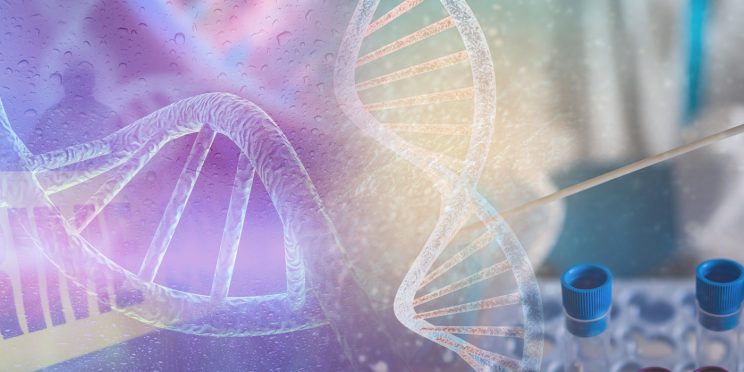← Back to Just Science Podcast
Original Release Date: February 21, 2019
In episode three of our Identification season, Just Science interviews forensic biologist Caitlin Rogers. Forensic scientists are always looking to improve the efficiency and accuracy of sexual assault kit testing. Caitlin Rogers is working to improve the procedure by using a modified direct to DNA approach to processing sexual assault kits. Listen along as our guest discusses processing, testing, and analyzing DNA samples from sexual assault kits.
This episode of Just Science is funded by the National Institute of Justice’s Forensic Technology Center of Excellence [Award 2016-MU-BX-K110].
Guest Biography
Caitlin Rogers graduated with a Bachelor of Arts in Biophysics with a concentration in Premedical Studies from Columbia University in 2012 and received her Master of Science in Biomedical Forensic Sciences from Boston University School of Medicine in 2014. Caitlin has been employed with the Colorado Bureau of Investigation (CBI) since 2014 conducting forensic serology and DNA casework and is a member of the Crime Scene Unit. She is certified as a Molecular Biology Fellow through the American Board of Criminalistics, has testified in district and county courts across Colorado, and is CBI’s Serology Technical Leader.
The opinions, findings, and conclusions or recommendations expressed in this podcast episode are those of the presenter(s) and do not necessarily reflect those of the U.S. Department of Justice.
Contact us at ForensicCOE@rti.org with any questions and subscribe to our newsletter for notifications.




